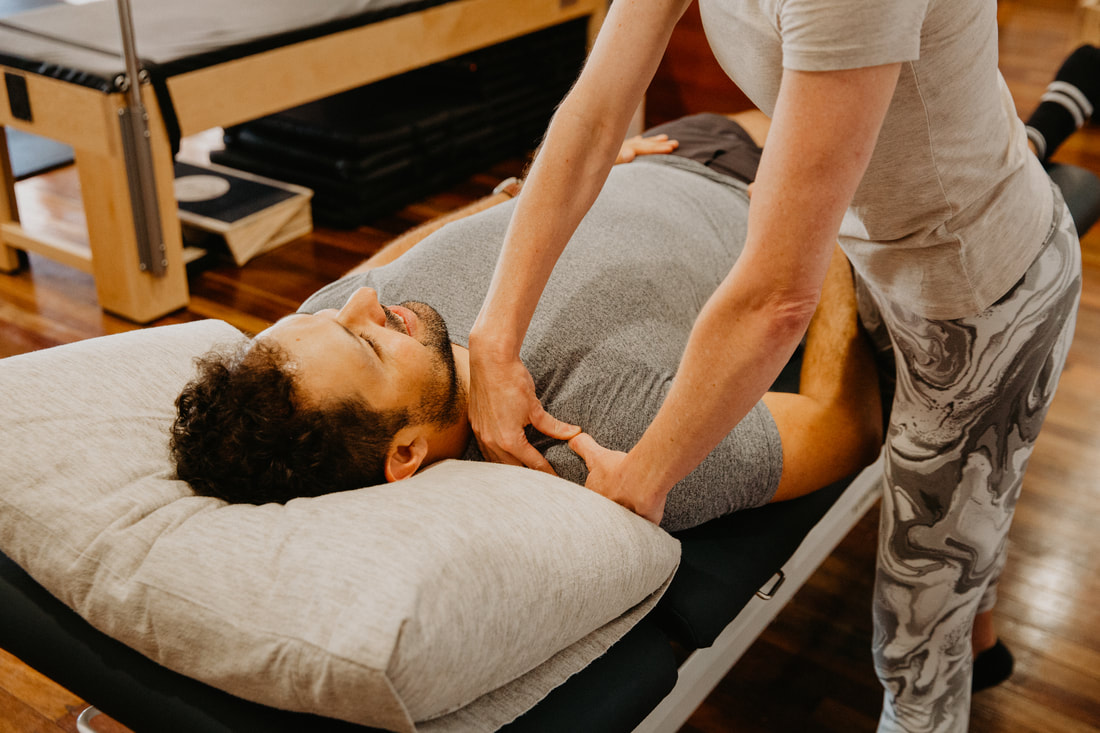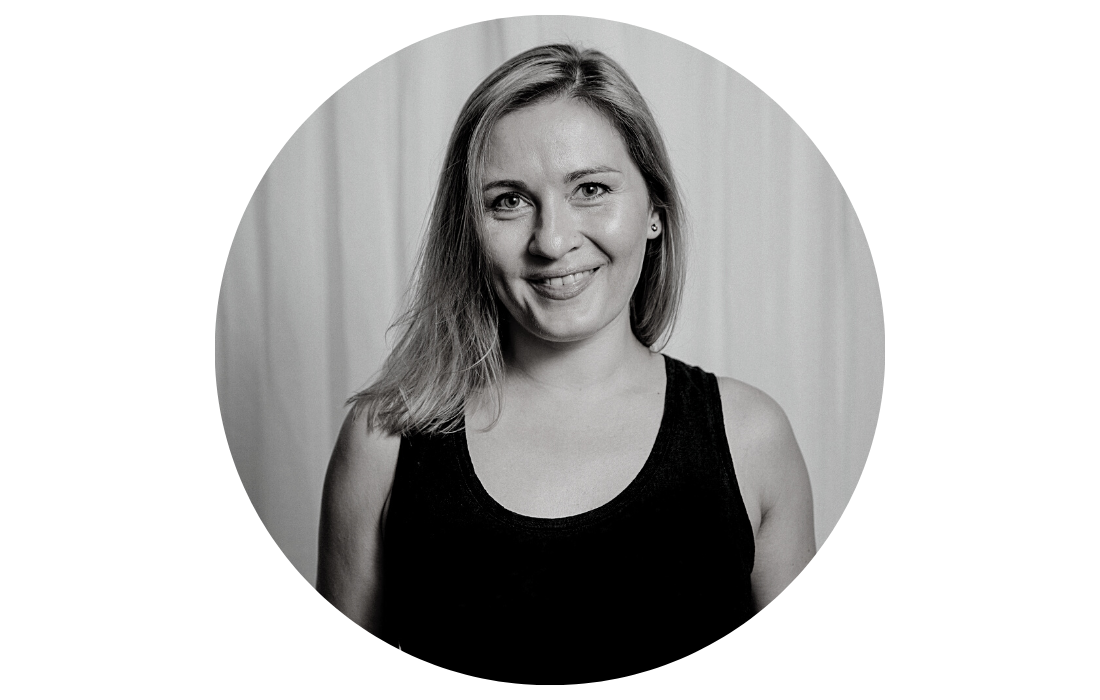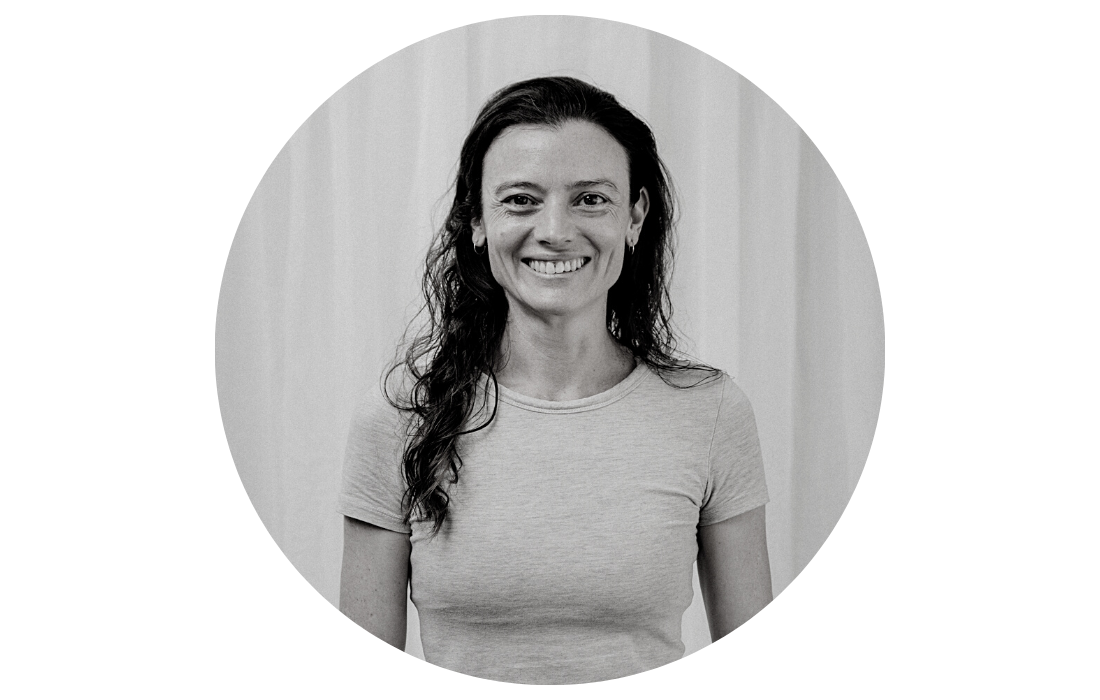Shoulder Arthritis Physiotherapy Brisbane southside.
What is Shoulder Arthritis?
Shoulder arthritis is a condition that involves the inflammation and degeneration of the shoulder joint, resulting in pain, stiffness, and reduced range of motion. There are several types of shoulder arthritis, with the most common being osteoarthritis and rheumatoid arthritis.
What are the different types of Shoulder Arthritis?
What are the symptoms of Shoulder Arthritis?
What are the treatment options for Shoulder Arthritis?
The treatment for shoulder arthritis aims to relieve pain, improve joint function, and slow down the progression of the disease. Treatment options may include:
How can physiotherapy help with Shoulder Arthritis?
Physiotherapy can play a significant role in managing shoulder arthritis by helping to reduce pain, improve shoulder function, and enhance the overall quality of life for individuals with this condition. Here are several ways in which physiotherapy can be beneficial for shoulder arthritis:
If you or a loved one has questions about Shoulder Arthritis and how our physiotherapists might be able to help please call us on 07 3706 3407 or email [email protected]. We would love to work with you!
Shoulder arthritis is a condition that involves the inflammation and degeneration of the shoulder joint, resulting in pain, stiffness, and reduced range of motion. There are several types of shoulder arthritis, with the most common being osteoarthritis and rheumatoid arthritis.
What are the different types of Shoulder Arthritis?
- Osteoarthritis: This is the most common type of arthritis and occurs due to the natural wear and tear of the joint over time. It can lead to the breakdown of cartilage, causing pain and stiffness in the shoulder.
- Rheumatoid Arthritis: This is an autoimmune condition where the body's immune system mistakenly attacks the synovium, the lining of the joint capsule. It can affect multiple joints, including the shoulder.
- Post-Traumatic Arthritis: This type of arthritis can develop after a traumatic injury to the shoulder, such as a fracture or dislocation.
What are the symptoms of Shoulder Arthritis?
- Shoulder pain, especially with movement
- Stiffness in the shoulder joint
- Reduced range of motion
- Swelling and tenderness around the joint
- Weakness in the shoulder muscles
What are the treatment options for Shoulder Arthritis?
The treatment for shoulder arthritis aims to relieve pain, improve joint function, and slow down the progression of the disease. Treatment options may include:
- Medications: Nonsteroidal anti-inflammatory drugs (NSAIDs) or pain relievers can help manage pain and inflammation.
- Physical Therapy: Specific exercises can improve shoulder strength and range of motion.
- Corticosteroid Injections: These injections can reduce inflammation and pain in the joint.
- Lifestyle Modifications: Avoiding activities that exacerbate symptoms and using assistive devices can help.
- Surgery: In severe cases, surgical options like shoulder arthroscopy, joint resurfacing, or joint replacement may be necessary.
How can physiotherapy help with Shoulder Arthritis?
Physiotherapy can play a significant role in managing shoulder arthritis by helping to reduce pain, improve shoulder function, and enhance the overall quality of life for individuals with this condition. Here are several ways in which physiotherapy can be beneficial for shoulder arthritis:
- Pain Management:
- Manual Therapy: Physiotherapists can use hands-on techniques such as joint mobilisations and soft tissue massage to alleviate pain and reduce muscle tension in the affected shoulder.
- Modalities: Modalities like heat, cold, ultrasound, or electrical stimulation may be used to reduce pain and inflammation in the shoulder joint.
- Range of Motion Improvement:
- Passive and Active Range of Motion Exercises: Physiotherapists can guide patients through gentle exercises to improve shoulder joint flexibility. Passive exercises involve the therapist moving the patient's arm, while active exercises involve the patient moving their arm on their own.
- Stretching: Specific stretching exercises can help maintain or increase shoulder joint mobility.
- Strengthening Exercises:
- Targeted strengthening exercises focus on the muscles around the shoulder joint, including the rotator cuff muscles and deltoids. Strengthening these muscles can help stabilise the joint and reduce pain.
- Progressive Resistance Training: Physiotherapists design exercise programs that gradually increase resistance to build strength without exacerbating pain.
- Posture and Body Mechanics:
- Education on proper posture and body mechanics can help individuals with shoulder arthritis reduce strain on the joint during daily activities, thereby preventing further damage and pain.
- Functional Training:
- Physiotherapists work with patients to improve their ability to perform daily tasks and activities that may have been limited due to shoulder arthritis.
- Functional training can include practicing reaching, lifting, and carrying objects with proper shoulder mechanics.
- Assistive Devices and Techniques:
- Physiotherapists can recommend and teach individuals how to use assistive devices such as braces or slings to support the shoulder joint during recovery.
- They may also provide guidance on adaptive techniques to make daily activities more manageable.
- Education and Self-Management:
- Patients receive education about their condition, including the progression of shoulder arthritis and strategies to manage symptoms effectively.
- Physiotherapists can teach patients exercises and self-care techniques they can do at home to maintain shoulder health.
- Preoperative and Postoperative Rehabilitation:
- For individuals who require surgery for shoulder arthritis (e.g., joint resurfacing or replacement), preoperative physiotherapy can help improve joint function and postoperative rehabilitation can aid in a smoother recovery.
If you or a loved one has questions about Shoulder Arthritis and how our physiotherapists might be able to help please call us on 07 3706 3407 or email [email protected]. We would love to work with you!
Who to book in with:
Yulia Khasyanova
|
Emma Cameron
|
Monica Hanna
|



